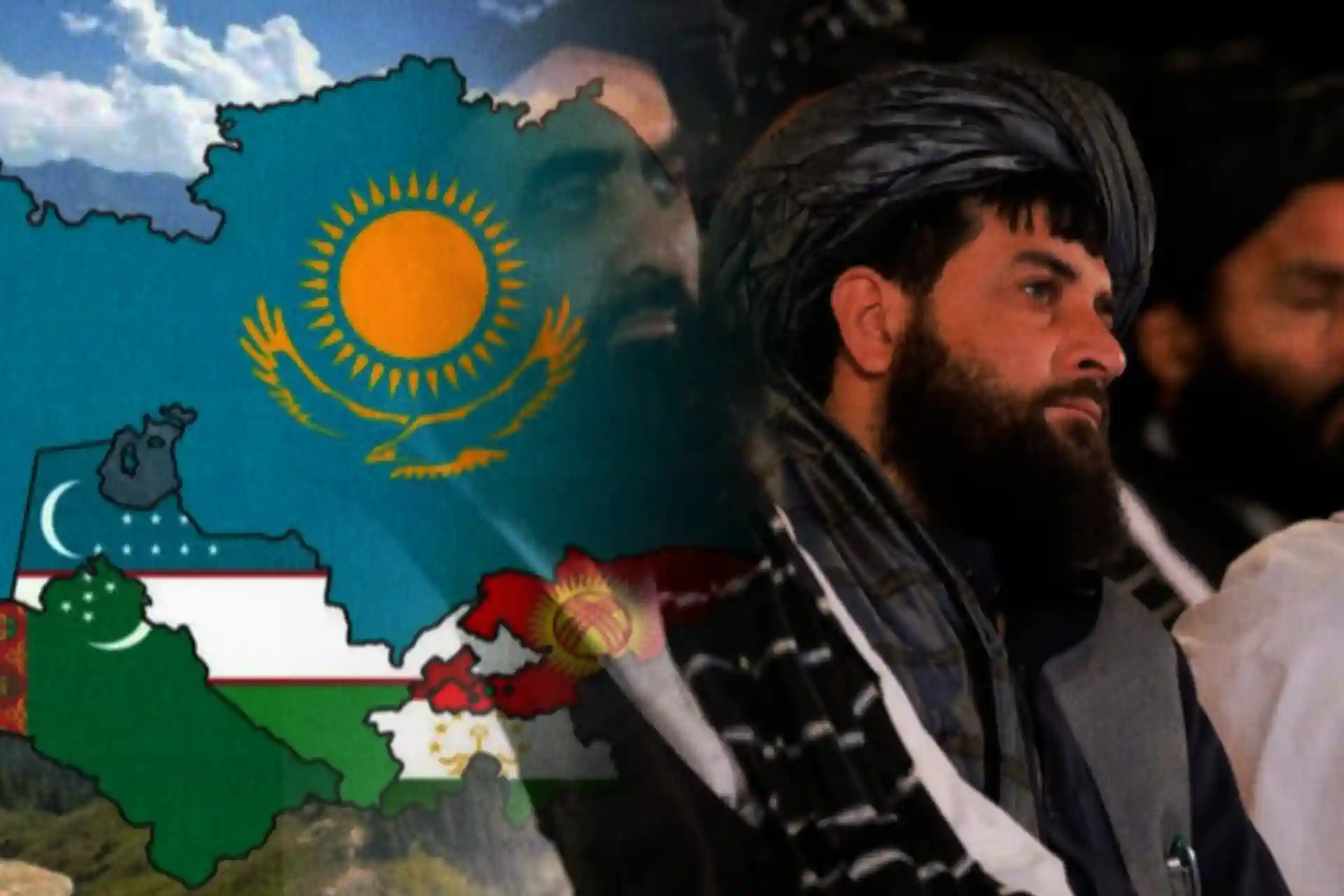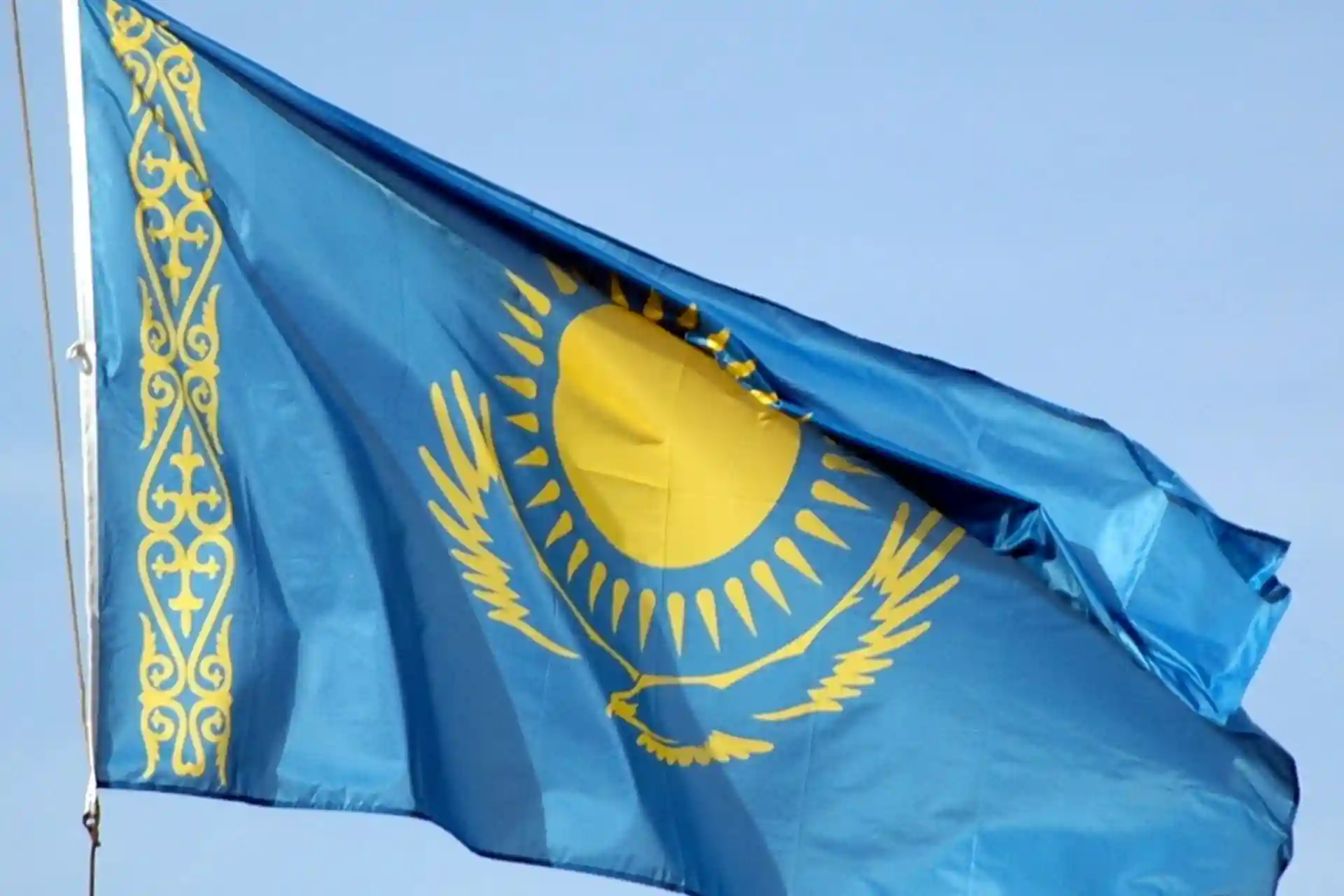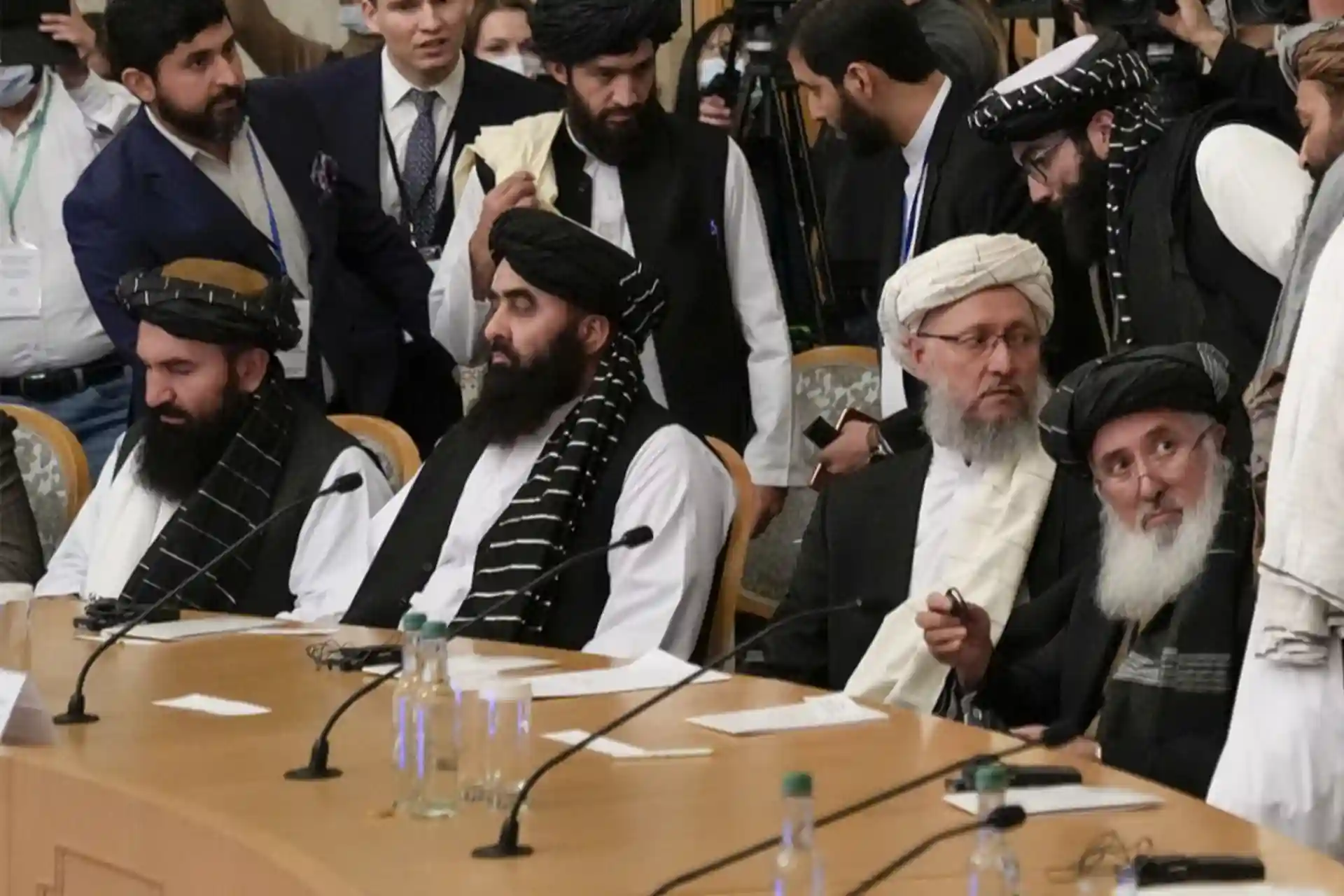Taliban in Central Asia: From "terrorist" to "trade partner".
Kyrgyzstan removed the Taliban from the list of terrorist organizations after Kazakhstan. Many countries in the region have established large-scale cooperative relations with Kabul, started implementing joint projects. What is the reason for these countries' desire to improve relations with the Taliban?
The number of Central Asian countries seeking cooperation with Afghanistan is increasing
One of the most important news of August 2021 was the withdrawal of American troops from Afghanistan and the transfer of the government to the hands of the Taliban. At that time, this movement was recognized as terrorist in almost all countries of the world. Central Asian countries are in a dangerous situation. This can be compared to what happened in 1996 when the Taliban took over Kabul and founded the Islamic Emirate of Afghanistan.
Three years later, two countries - Kazakhstan and Kyrgyzstan - removed the movement from the list of terrorist groups. Uzbekistan often sends delegations to Kabul, and Turkmenistan is also strengthening cooperation. Representatives of the Taliban also freely visit the countries of the region, participated in the International Economic Forum in St. Petersburg, and Russian President Vladimir Putin even called them "allies" in the fight against terrorism.
Afghanistan still has many human rights problems. Mass executions continue in the country, and women are banned from speaking in public. However, on the international stage, the Taliban is trying to present itself as a diplomatic government that can negotiate.
"They announced that they are not going to attack anyone - this is a very important statement. Even in response to the decision of the American authorities to hand over the military equipment taken from Kabul to Uzbekistan, the Taliban did not threaten to take it back by force, but only protested. This eased the tension a little for the countries of the region. Baykadam Kuramaev, an international relations expert of the Oy-Ordo Central Economic Research Institute, told the Russian service of TRT.
The countries of Central Asia see the reality that has arisen in Afghanistan and are ready to adapt to it, explains Orientalist Andrey Ontikov. Moreover, cooperation with the Taliban, who have declared war on ISIS and are actually fighting it, is in their interests.
"It is no secret that the countries of the region were one of the main "exporters" of fighters to ISIS, which gained strength in Syria and Iraq and controlled a large area. "Taking into account the attractiveness of the ideology of ISIS for a number of residents of Central Asian countries, the leadership of these countries is interested in stopping this problem not only at home, but also at the external borders," Ontikov explains.
According to the expert, this will minimize the possibility of terrorists returning to their homeland during the fighting and destabilizing the situation later.
Last year, the Deputy Prime Minister of Kazakhstan, Serik Jumangarin, noted that Afghanistan is a priority flour market for the country, which makes up 70% of the total volume of product exports. Besides, of all the countries of Central Asia, Kabul has the most trade with Astana. Last year, the volume of mutual trade between the countries reached nearly 1 billion dollars.
The Kyrgyz government followed the example of Kazakhstan. On September 7, it became known that Bishkek removed the Taliban from the list of banned groups. At the same time, the country's MFA emphasized its commitment to "supporting the efforts of the international community aimed at ensuring a stable and peaceful environment in Afghanistan and the entire region." The Afghan diplomatic department also expressed gratitude for the decision.
From "terrorist" to "trade partner".
The government of Kazakhstan was the first to remove the Taliban from the list of terrorists. This happened in June of this year. The President of the country, Kasim-Jomart Tokaev, explained this with the consideration of trade and economic cooperation and the notion that "this regime is a long-term factor".
The biggest achievement of the Afghan government is the reduction of poppy cultivation by 95%, says Baykadam Kuramaev, an expert on international relations. "Tens, maybe hundreds of millions of people have been denied access to these deadly substances . And for that, we have to respect the Taliban-led government. "
As for economic opportunities, according to the expert, Bishkek and Kabul have a high potential for supplying agricultural products: "Also, I would like to mention the CASA-1000 project, within the framework of which Kyrgyzstan and Tajikistan are sources of hydropower . It can supply excess electricity in the region to Afghanistan and Pakistan. Political stability in the country will allow to restore and activate these projects."
The foundation of the project was laid in May 2016. However, after the Taliban came to power, the construction was frozen. It was decided to revive the project in the spring of this year . Its value is estimated at 1.2 billion dollars.
Another important project is related to the construction of the Trans-Afghan railway . According to estimates, the route will be through the cities of Termiz in Uzbekistan, Mazari Sharif and Logar in Afghanistan to the border point of Harlachi in the Kurram province of Pakistan. The railway will reduce the delivery time from 35 days to 5 days, and will also allow the Central Asian countries to reach the Indian Ocean. For Russia, the corridor will become an additional road with access to the ports of Iran and Pakistan.
Of two evils
The Taliban won power in Afghanistan in 2021. Afghanistan is a country with 40 million inhabitants. Even in its northern neighbor, Uzbekistan, the population is 5 million less (the data is outdated, according to the data of 2024, 44.2 and 37 million, respectively - Azon Global ). This factor should be taken into account when establishing relations with Kabul, says political scientist Chingiz Lepsib a ev.
"This is a big country and its people need to be fed. If this need is not met , the population will naturally start looking for food. And there are several options: you can go to Pakistan, an ally, or you can move towards China, but there are mountains and places that are unpleasant for war, or it is Tajikistan. Therefore, for example, Dushanbe naturally seeks to compromise with the Taliban in order to avoid any conflict," the expert notes.
This also applies to other countries in the region. Countries try to avoid a situation where Kabul sees them as enemies, because there are only two options for cooperation: refuse to trade with them and starve their population, or start a war that requires huge resources. "That's why Central Asian countries try to be friends with Afghanistan as much as possible and avoid conflict with it. On the other hand, they try to use this situation as much as possible to serve their interests .
However, according to the expert, this peace may turn out to be unstable . The Taliban continues to excavate the Kushtepa canal, which receives water from the Amudarya. Downstream Uzbekistan and Turkmenistan are at risk of desertification. All Central Asian countries are deeply concerned about the plans of the Taliban. Attempts to reach an agreement with Kabul have not been successful.
Removing the Taliban from the list of terrorist organizations is only a political decision . To avoid the paradox that the state does not trade with people it does not consider criminals. According to experts, other countries in the region may follow this example in the near future. This issue is also being studied in Russia.
Taliban-led Kabul was not initially isolated, Ontikov says: “The situation may seem absurd, but it may take more time to correct this paradox. Of course, the Afghan authorities themselves have excluded terrorist methods from their activities both outside and inside Afghanistan .
Source: TRT Russian service.



